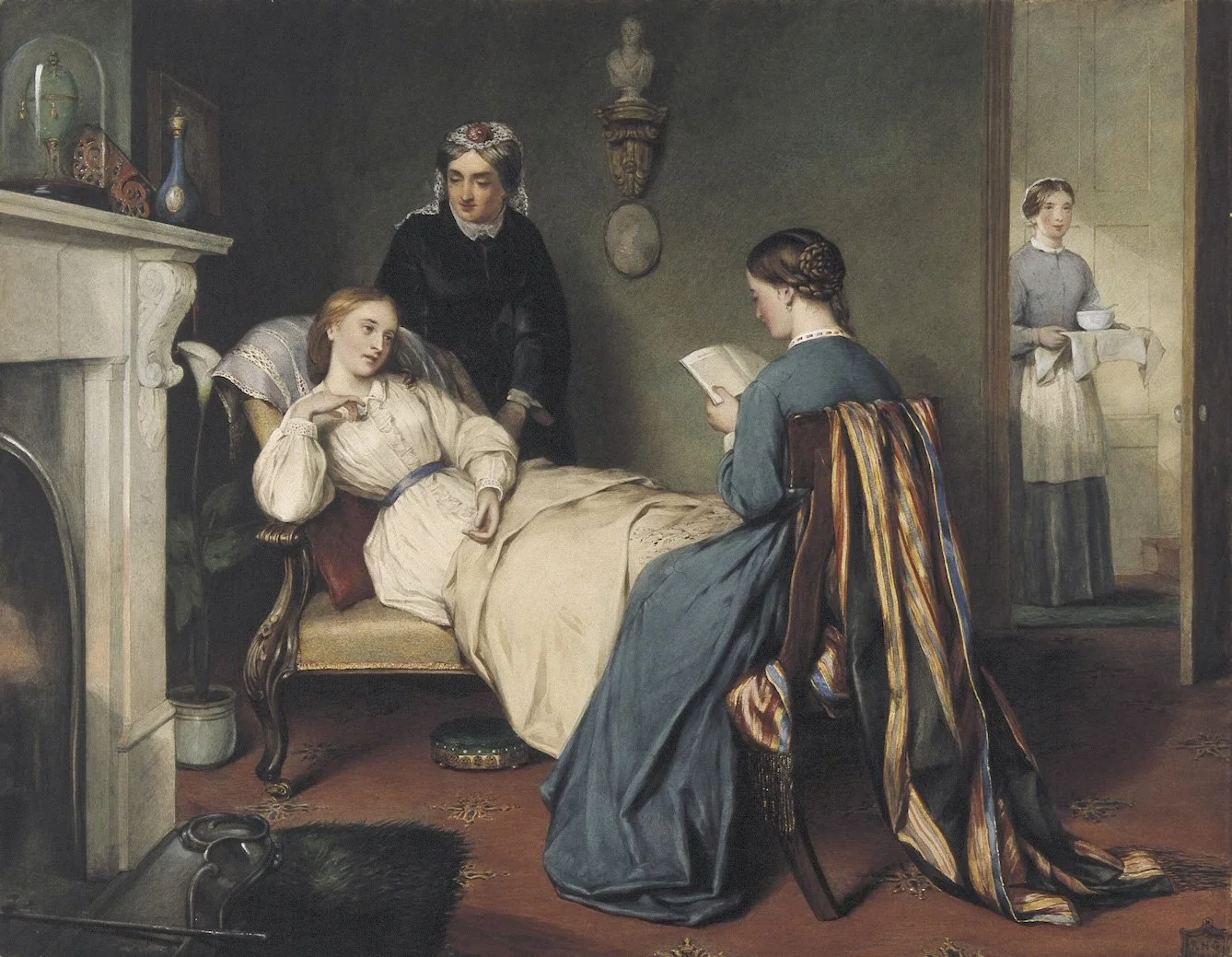 Image 1 of 2
Image 1 of 2

 Image 2 of 2
Image 2 of 2



Talking About Dying, Death, and Grief, Taught by Jillian Tullis, PhD, Professor of Communication, beginning October 2
Six week class taught online via Zoom
Wednesdays, October 2 - November 6, 2024
7pm – 8:30 pm ET (NYC Time)
$140 Paid Patreon Members/ $150 General Admission
PLEASE NOTE: All classes will be recorded for those who cannot attend live
Are you curious about why talking about dying or death is so challenging? In this course, attendees will learn about models and theories relevant to communicating about major illness, dying, death, and grief. We will look at what keeps people from having productive conversations about dying and death, and learn strategies for identifying conversational goals, as well as techniques for effective conversations. Over the course of our six weeks together, we will consider at least two major locations or contexts where communication about dying and death take place: the home and the hospital. Real life scenarios will guide the course, and we will learn through practice (don’t worry, no role play activities required)!
Jillian A. Tullis, PhD is Professor in the Department of Communication and is the program director for the Biomedical Ethics minor at the University of San Diego. Her teaching and research interests focus on health communication, specifically communication about dying and death. Tullis’ scholarship uses qualitative methods to study such topics as hospice team communication, tumor boards, and the concept of a “good death.” When not talking about dying and death, Jillian likes to watch movies, especially independent films, and is working on developing her knitting skills. She’s also fortunate enough to live near the beach with her Velcro dog, Rouxbee.
Images: Skeletons in an Office, Paul Delvaux, 1944; A girl reads to a convalescent while a nurse brings in the patient's medicine, Watercolour by R.H. Giles., Giles, R. H. (Robert Humphrey), 1802-1881. Source: Wellcome Collection.
Six week class taught online via Zoom
Wednesdays, October 2 - November 6, 2024
7pm – 8:30 pm ET (NYC Time)
$140 Paid Patreon Members/ $150 General Admission
PLEASE NOTE: All classes will be recorded for those who cannot attend live
Are you curious about why talking about dying or death is so challenging? In this course, attendees will learn about models and theories relevant to communicating about major illness, dying, death, and grief. We will look at what keeps people from having productive conversations about dying and death, and learn strategies for identifying conversational goals, as well as techniques for effective conversations. Over the course of our six weeks together, we will consider at least two major locations or contexts where communication about dying and death take place: the home and the hospital. Real life scenarios will guide the course, and we will learn through practice (don’t worry, no role play activities required)!
Jillian A. Tullis, PhD is Professor in the Department of Communication and is the program director for the Biomedical Ethics minor at the University of San Diego. Her teaching and research interests focus on health communication, specifically communication about dying and death. Tullis’ scholarship uses qualitative methods to study such topics as hospice team communication, tumor boards, and the concept of a “good death.” When not talking about dying and death, Jillian likes to watch movies, especially independent films, and is working on developing her knitting skills. She’s also fortunate enough to live near the beach with her Velcro dog, Rouxbee.
Images: Skeletons in an Office, Paul Delvaux, 1944; A girl reads to a convalescent while a nurse brings in the patient's medicine, Watercolour by R.H. Giles., Giles, R. H. (Robert Humphrey), 1802-1881. Source: Wellcome Collection.
